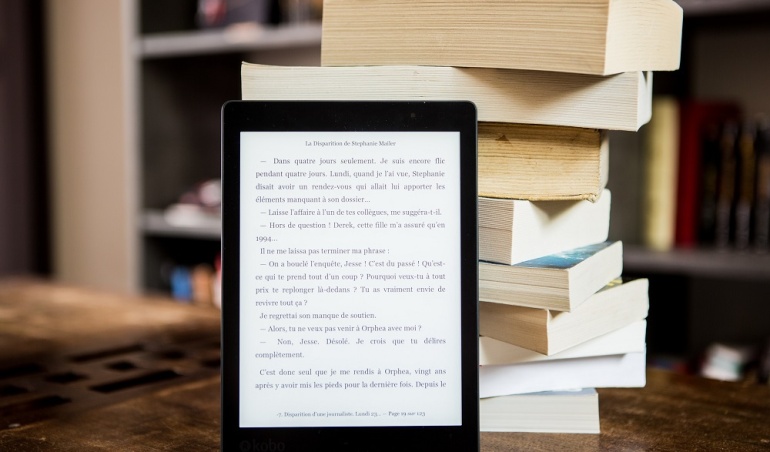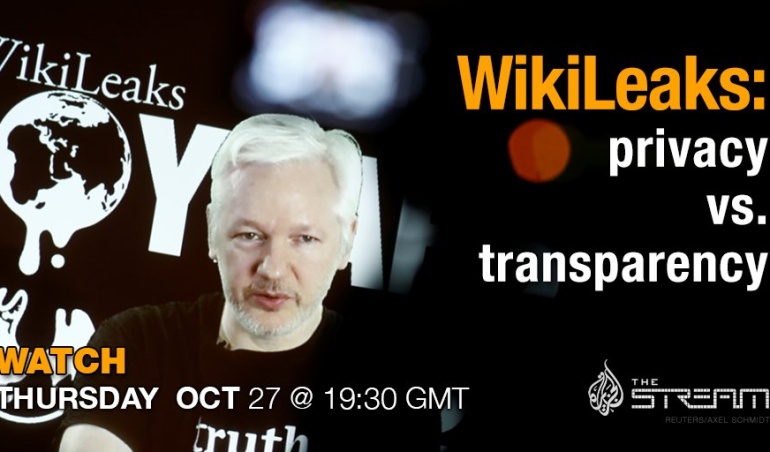It is said that the early bird catches the worm; but does that apply to university students?
As we all know, schools and universities all over the world start generally between 8:30 and 9:00 AM. Throughout our academic journey, all of us had to wake up and get ready at least an hour before 8:30AM for our classes. However, as we get older, our sleeping schedule becomes irregular which results in many complaints coming from university students stating that late classes are far more convenient and beneficial than early morning classes.
A study conducted in 1998 by Dr. Wolfson and Dr. Carskadon says that university students who reported poor grades claimed to be getting 25 fewer minutes of sleep than the students who reported getting higher grades. Another study from the University of Minnesota confirmed that later school start times can have a positive effect on academic performance. Investigators studied two school districts that changed their start times to 8:30AM and 8:40AM. When compared with students attending schools with earlier start times, the students reported getting higher grades. They also had fewer depressing feelings, got more sleep on school nights and had less daytime sleepiness. In addition, a recent study from RAND Europe shows that delaying school start times is cost-effective. Results suggest that starting school later could have a positive impact on the country’s economy.
All of the above mentioned studies confirm the link between later school start times and better grades, higher test scores, improved focus among university students, as well as a positive impact on the country’s economy. That’s especially important because discipline problems may lead to suspension, which is associated with a wide range of negative health and economic outcomes and is a major cause of educational inequity.
However, with all of these advantages that are definitely valid, some drawbacks cannot be ignored. For example, transportation challenges. Later start times will likely mean more buses on the road later in the day, this could create more traffic and increase travel delays. Furthermore, students who have part-time jobs may have scheduling conflicts as a result of this, which can lead to poor attendance and therefore poor grades.
Overall, later start times for universities can be a double edge sword since it improves students’ academic performance but it can create some transportation and work schedule conflicts as well. However, these problems can likely be solved with flexibility and thoughtful planning.
Khaoula Jraif
Semester 3, Department of English Studies
Chouaib Doukkali University, El Jadida



